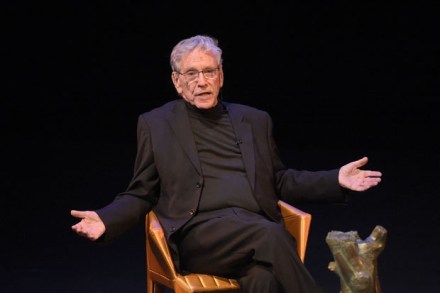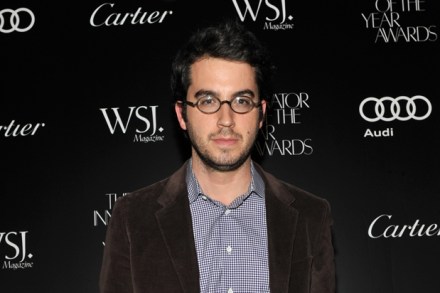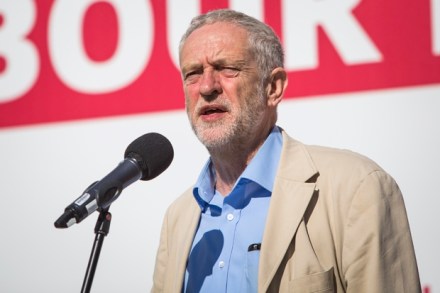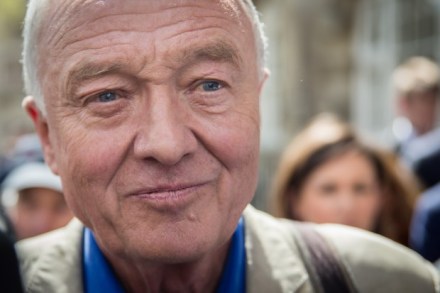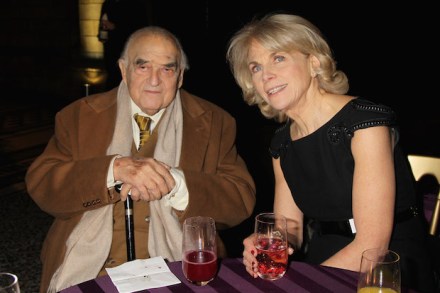Christian criticism of Israel is myopic
A Methodist church in Hinde Street, London, is exhibiting ‘You cannot pass today: Life through a dividing wall’, a reconstruction of a border control point between Israel and the occupied territories. The purpose, needless to say, is not to show how to deal with a terrorist threat, but to attack Israel’s oppression of Palestinians. A Jewish human rights group which has written to protest has been told, soapily, by the minister, ‘I respect your passionate concern for these issues…This exhibition… has been carefully curated… to promote reflection and prayers for peace.’ I have noticed these wall protests popping up on campuses etc., and they never seem either reflective or prayerful.


